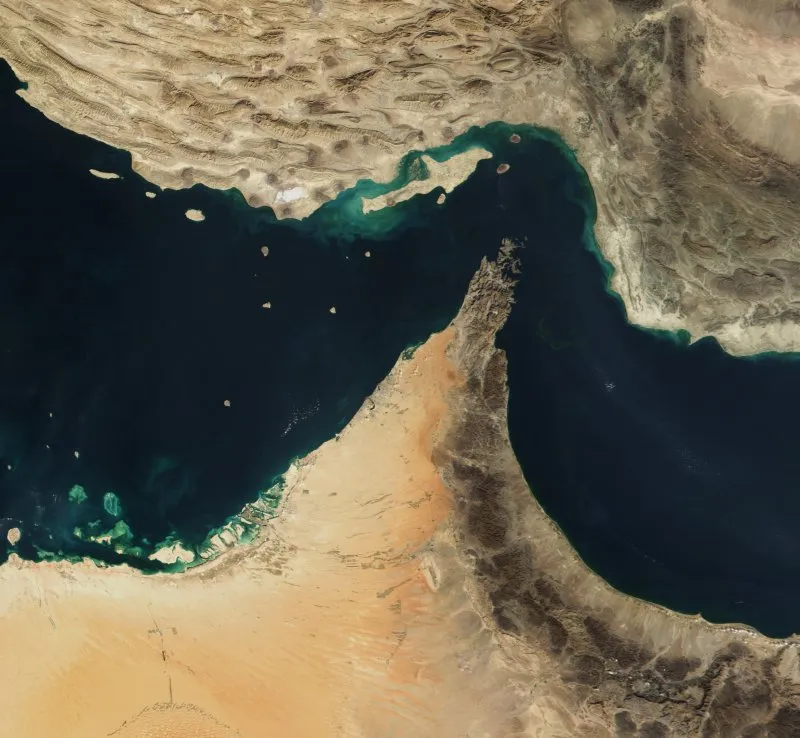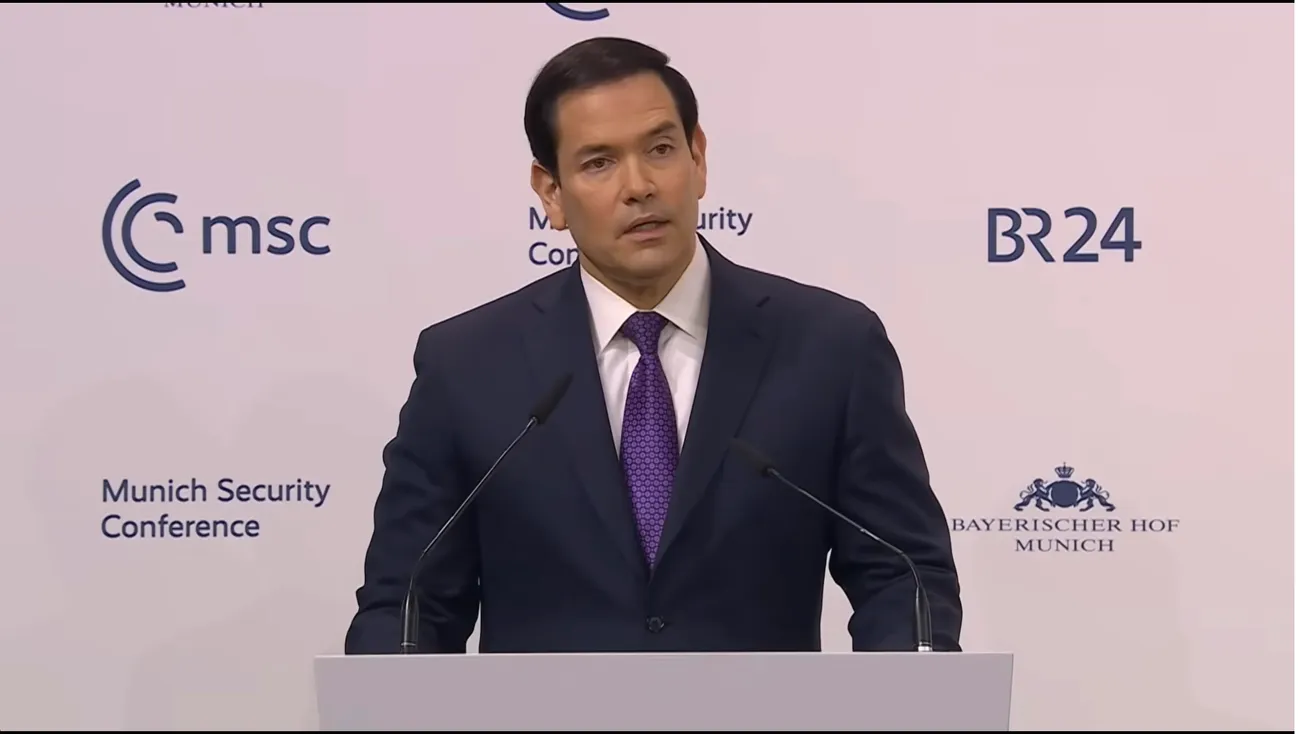Speaking at a private webinar with 20 former U.S. government officials and scholars on Aug. 13 at the Brookings Institution, Chinese Ambassador to Washington Cui Tiankai warned of the dangerous track U.S.-China relations have been taking. “Today, the China-U.S. relationship is going in the wrong direction, described by some as in a ‘free fall,’” Cui said. “Over the years, it has never been short of problems and difficulties, but alarmingly, there are attempts now to negate what has been built up so painstakingly by generations of Chinese and Americans over the decades and to deliberately push our two countries into conflict and confrontation. All these are happening in the context of the raging pandemic and the consequently flagging global economy. They are happening when international cooperation is urgently needed, especially between major countries, and this situation is greatly hindering our cooperation.”
Naming the three major crises of the last 20 years, 9/11, the 2008 financial crisis, and now COVID-19, Cui said that “none of them could be resolved with the toolbox of great power competition. The world has changed. It is natural for major countries to have differences and even competition, but they do not justify confrontation. Today, what pushes major countries to cooperate far outweighs what drives them apart. Stigmatization will not make anybody great. Ideological crusades will not solve any problem in today’s world and is doomed to fail.”
He also said that it would be folly to think that this “crusade” would lead to the fall of the Communist Party in China. “Maybe some believe that driving up confrontation could slow down and contain China’s development, and even bring about a regime change. This is nothing but wishful thinking. History has proved time and again that external pressure will only lead to greater unity of the Chinese people, stronger cohesion of the Chinese society and better resilience of the Chinese economy. Some people like the term ‘cold war’ so much, maybe bolstered by their victory in the Cold War. But they should not forget the prices the world paid for it in a span of some four decades, not to mention the bitter costs the United States and other countries paid in the two hot wars, i.e., the Korean War and the Vietnam War, which were fought during the Cold War.”
Cui explains “China has been an active participant, supporter and contributor of the current international system. Meanwhile, as a major country with an ancient civilization, China’s integration would inevitably bring changes to the international system, which needs to make adjustments accordingly…. While China has been trying to integrate into and adjust to the international system, we do hope the system could make necessary reforms in light of the varying circumstance.” And he then raised the question that he has been asking over the last month or so. “Will the United States be ready to work with China and other countries to ensure that the international order and global system will meet the needs of the entire international community, and address various global risks and challenges? Or instead, will the U.S. remain obsessed with zero-sum game and major-power competition, let the situation spiral out of control, and fall into the ‘Thucydides Trap’?” He also makes clear that China is ready to begin working now and not waiting for the outcome of the November elections, stressing that COVID-19 is the most outstanding issue in which cooperation is needed. “Maybe some people believe that China is just waiting for the result of the U.S. presidential election in November. Let me make it very clear here, we are not waiting for anything, and we are never willing to waste time in waiting. Besides, American domestic dynamics is well beyond what we can predict or influence. We have no intention or interest to get involved.”
The complete transcript of Cui’s keynote is posted on the Embassy’s website: http://www.china-embassy.org/eng/zmgxss/t1807578.htm





